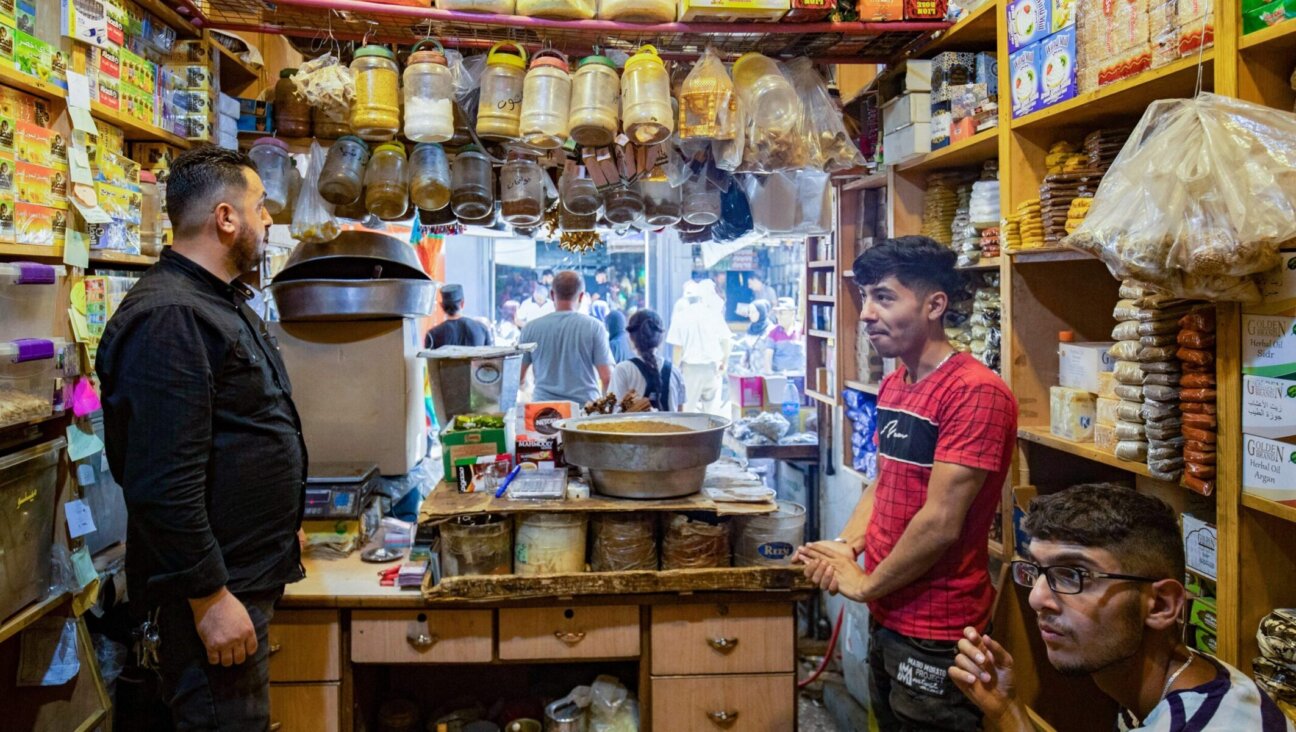Cycles in Seasons and Torah

Food is a most basic human need. Until one a hundred years ago, most people everywhere worked in some aspect of food production. Most tools of human culture developed in order to secure, store, and distribute food reliably. Consider the Hebrew servitude in Egypt, building the storage facilities at Pithom and Ramses and Joseph’s job description of measuring, storing and distributing grain. According to author and scientist Jared Diamond, everything from capitol cities to written records developed in service to an organized food supply.
In our times, the food supply chain is neither local nor seasonal; it is extremely long and tenuous. Foods travel thousands of miles from their source in the soil to their place on the table. Enormous mono-crops of grains and centralized animal feeding operations require highly unnatural conditions for both plant and animal-based foods. Natural resources are squandered and despoiled in this system. Denatured and highly processed food contributes to a myriad of negative health consequences. Farming is a most life-giving craft, yet the way modern farming is practiced contributes to an epidemic of debt, depression, and suicide among farmers that is twice the national average.
We all know – intellectually – that the Jewish holiday cycle is rooted in an agrarian calendar. Passover comes at a time when year old lambs and bitter greens are plentiful. On a farm, this IS the time of using up old grains and clearing bins for new. The harvest of first fruits is celebrated at Shavuot, when the winter grain crop of barley and wheat would be setting and ripening. The later harvest is celebrated in the fall at Sukkot, the Jewish Thanksgiving.
These seasonal connections can be a strong medicine for these challenges of our times – if we can live the values of our agrarian heritage in a sustained and vibrant way.
I decided 3 years ago that the most effective response I could make to address the root causes of all my various social justice concerns was to learn how to grow, process, and store food and share that learning with others. Two years ago I moved to a farm; not a Jewish farm, mind you, but a farm at which we produce a high percentage of our own fruits, protein and vegetables each year.
Here in the Finger Lakes region, I can track an agricultural cycle in a regional food system. This way of living, this waking, working, and resting with the seasons, enlivens connections. Living in a harvest year, one instantly understands metaphors from Deuteronomy and Song of Songs, about bird migration and the different kinds of rain. The reasons for customs and food practices become obvious. Why bread is covered at the Shabbat table, why male goats are offered as korbanot (sacrifices) – the answers become obvious when one lives in their food system. We do not understand the p’shat (basic meaning) of our own texts if we haven’t found a way to see it from a farmer’s eyes.
Our Jewish heritage and our human heritage unfold for us more completely when we interdependent with the land, with our food system. Bit by bit, when we grow-more-of-our-own-food, we gain muscle mass, lose weight, absorb vitamin D, and experience resilience, awe, connection and participation. PLUS we produce beautiful vegetables!
I wax poetic about farming and gardening. Everything that happens in a garden does seem poetic to me. Life and death occur there, and rebirth. There are great struggles and true processes of life. We are so much poorer for a class system that seems to say that if we are “rich” we don’t need to touch dirt. We are all the poorer for the loss of this vital heritage.
Photo Credit: TexasEagle, Flickr
A message from our Publisher & CEO Rachel Fishman Feddersen

I hope you appreciated this article. Before you go, I’d like to ask you to please support the Forward’s award-winning, nonprofit journalism during this critical time.
We’ve set a goal to raise $260,000 by December 31. That’s an ambitious goal, but one that will give us the resources we need to invest in the high quality news, opinion, analysis and cultural coverage that isn’t available anywhere else.
If you feel inspired to make an impact, now is the time to give something back. Join us as a member at your most generous level.
— Rachel Fishman Feddersen, Publisher and CEO























